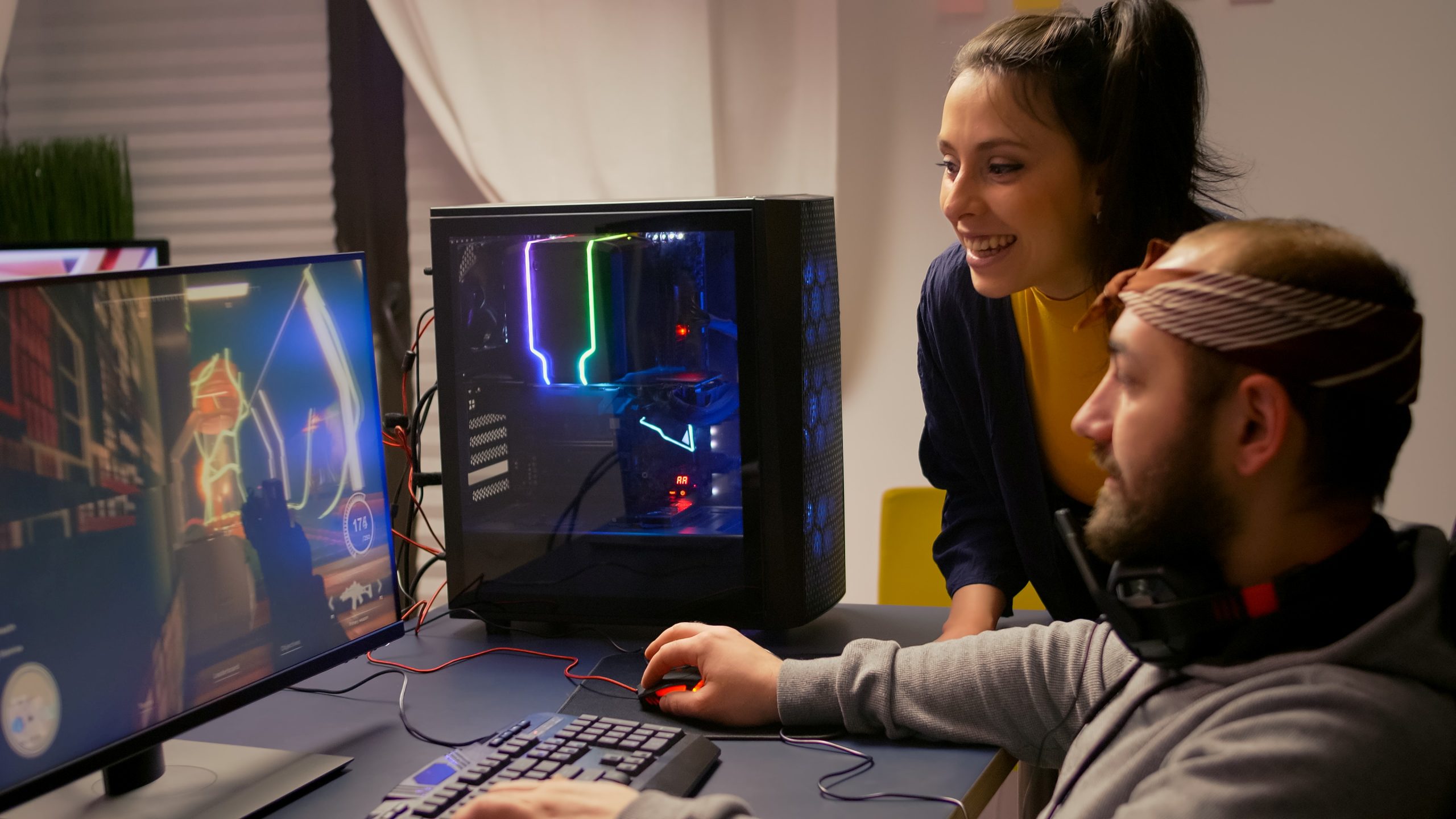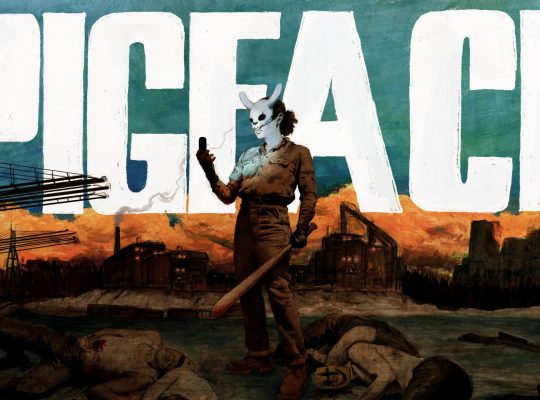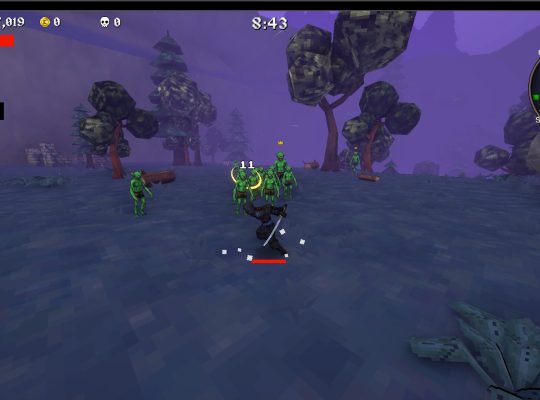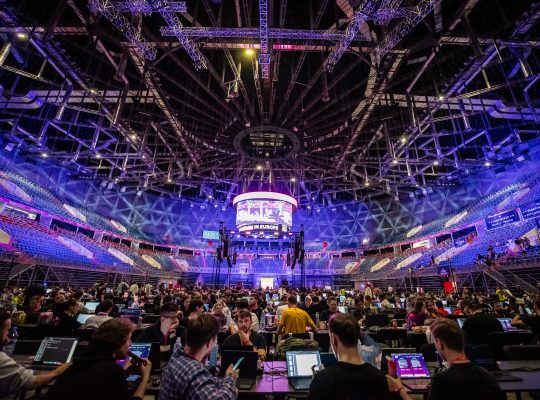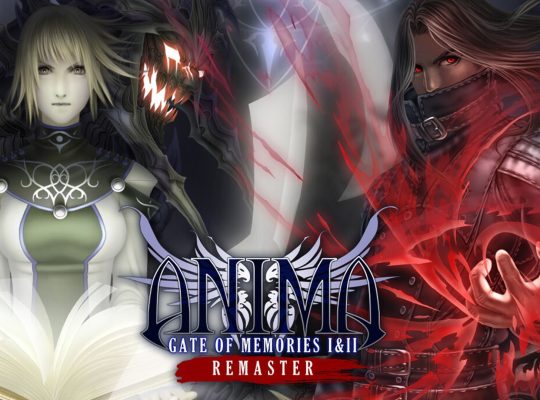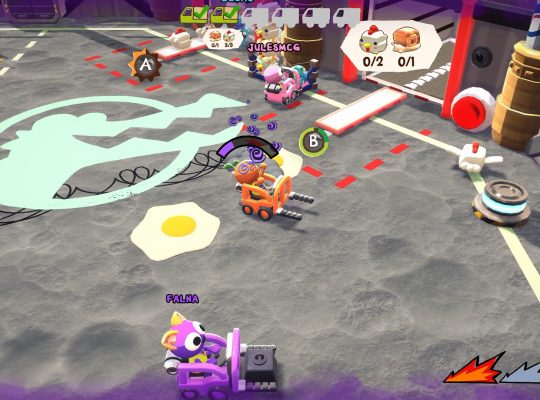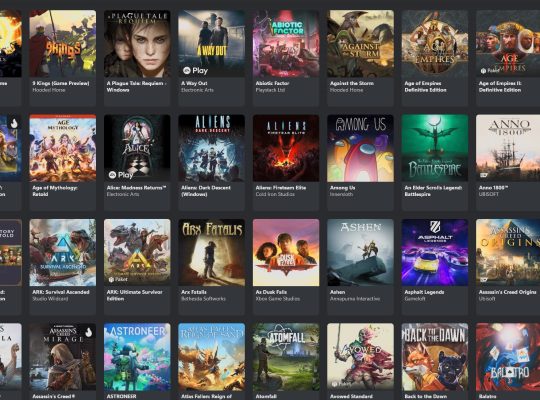The struggle of indie game developers has become a central topic of frustration, as seen in a recent post by Konrad of CloudlessStudio. He points out that with over 12,000 new games hitting Steam each year, success feels less like a reward for hard work and more like a lottery. Konrad’s post, which discusses the challenges of indie development due to its reliance on luck, has sparked a significant conversation with dozens of other developers on X.
The idea that a game “blows up literally out of nowhere” often comes from random network effects rather than its inherent quality. This challenges the merit-based narrative that creative industries often promote, suggesting that even the best games can struggle to find an audience.
Many developers in the comments section of Konrad’s post shared their own experiences, agreeing that success feels random. For example, one developer recounted launching a three-year passion project with 15,000 Steam wishlists, only to see it receive around 50 reviews despite positive feedback. While some commenters noted that “it’s always been luck-based,” others offered practical advice and a dose of realism.
In fact, some of the advice revolved around marketing and strategy. For instance, several developers pointed to resources like Chris Zukowski’s “How to Market a Game” blog, which offers genre-specific tactics. Others stressed the importance of early testing and building a minimum viable product, suggesting that releasing smaller, iterative games can build revenue more quickly than focusing on one large project.
On a more encouraging note, a few commenters offered a different perspective on what “success” means. They suggested that even a modest number of reviews, between 100 and 300, can generate enough lifetime revenue (over $150,000 in some cases) to fund a additional project. This outlook reframes viability as a matter of managing expectations.
They argue that luck is not everything; instead, the ability to afford failures and learn from them is what ultimately sustains a career in game development. In this highly competitive market, many feel that focusing on the broader creative aspects of a game, like art, music, and narrative, is essential for a title to truly stand out.



